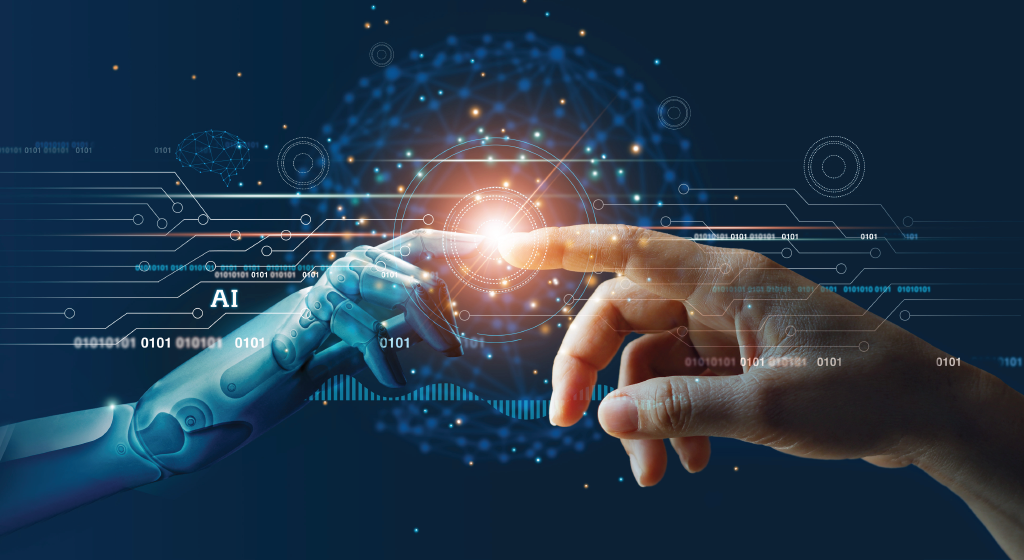Striving for Equity and Accountability: The Intersection of AI and Human Rights
In the era of artificial intelligence (AI), the pursuit of technological advancement must be accompanied by a commitment to upholding fundamental human rights principles. As AI systems become increasingly integrated into various aspects of society, from decision-making in criminal justice to access to essential services, the need to ensure equity, transparency, and accountability has never been more critical. This article examines the complex interplay between AI and human rights, highlighting the challenges, opportunities, and strategies for promoting equity and accountability in the AI-driven world.
The Promise and Perils of AI in Human Rights
Artificial intelligence holds immense potential to advance human rights by addressing societal challenges, promoting inclusivity, and enhancing access to justice and essential services. However, the unchecked proliferation of AI systems also poses significant risks to human rights, including privacy violations, discrimination, and erosion of autonomy.
Opportunities:
1. **Access to Justice**: AI-powered legal tools can improve access to justice by providing legal assistance, facilitating dispute resolution, and enhancing the efficiency of legal proceedings.
2. **Inclusive Services**: AI-driven technologies can help bridge digital divides and improve access to essential services, such as healthcare, education, and financial assistance, for marginalized communities.
3. **Data-driven Advocacy**: AI analytics enable human rights organizations to analyze vast amounts of data, identify patterns of human rights violations, and advocate for systemic change and accountability.
Challenges:
1. **Bias and Discrimination**: AI algorithms may perpetuate and exacerbate biases present in training data, leading to discriminatory outcomes and reinforcing systemic inequalities based on race, gender, ethnicity, or socioeconomic status.
2. **Privacy Concerns**: The widespread collection, analysis, and use of personal data by AI systems raise concerns about privacy violations, surveillance, and the erosion of individuals' autonomy and dignity.
3. **Lack of Accountability**: The opacity and complexity of AI algorithms pose challenges to accountability, making it difficult to trace decision-making processes, identify responsible parties, and seek redress for harms caused by AI systems.
Safeguarding Human Rights in the AI Era
To ensure that AI upholds, rather than undermines, human rights principles, concerted efforts are needed from governments, civil society, industry stakeholders, and the international community.
Strategies:
1. **Ethical AI Principles**: Adopting and adhering to ethical AI principles, such as fairness, transparency, accountability, and human dignity, serves as a foundation for responsible AI development and deployment.
2. **Regulatory Oversight**: Governments and regulatory bodies should establish clear guidelines, standards, and oversight mechanisms to regulate the design, deployment, and use of AI systems in accordance with human rights principles.
3. **Algorithmic Transparency**: Promoting transparency in AI algorithms' decision-making processes, data sources, and potential biases fosters accountability and enables stakeholders to understand and challenge algorithmic outcomes.
4. **Human Rights Impact Assessments**: Conducting human rights impact assessments of AI systems helps identify potential risks, mitigate harms, and ensure that AI respects and protects individuals' rights and freedoms.
Conclusion
As AI continues to reshape societies and redefine the boundaries of human interaction, it is imperative to prioritize the protection and promotion of human rights in AI development and deployment. By embracing ethical principles, fostering transparency, and establishing robust regulatory frameworks, we can harness the transformative potential of AI while safeguarding the dignity, autonomy, and well-being of all individuals. In the pursuit of technological innovation, let us remain steadfast in our commitment to equity, accountability, and human rights for present and future generations.
